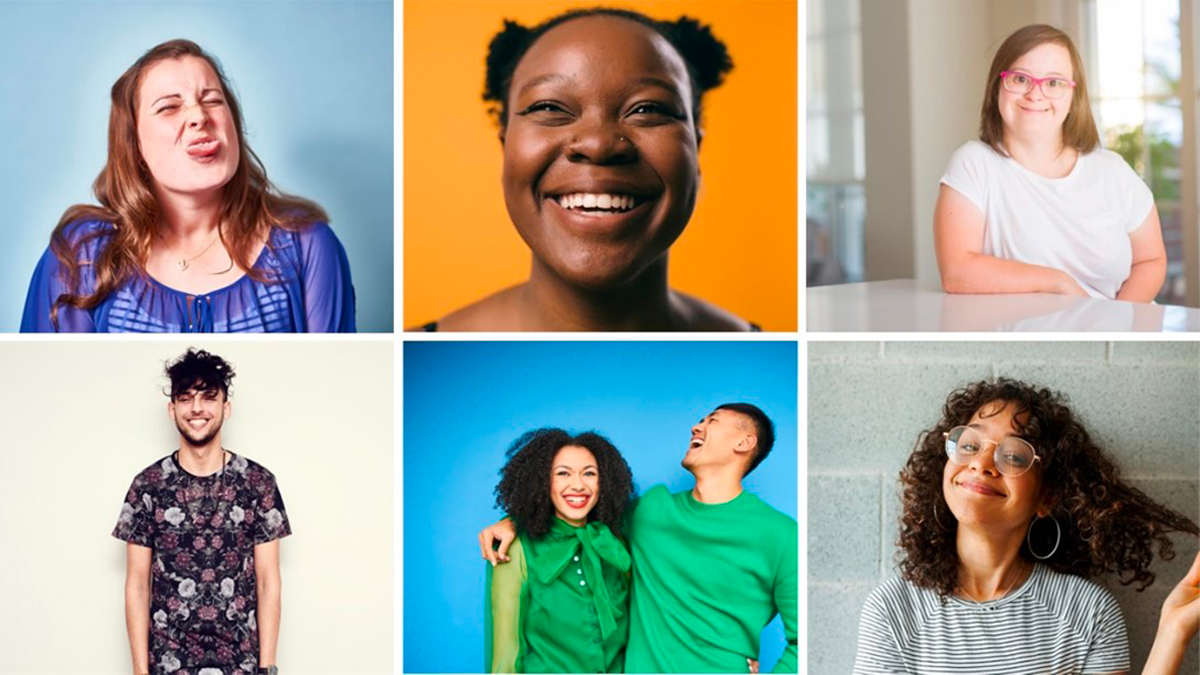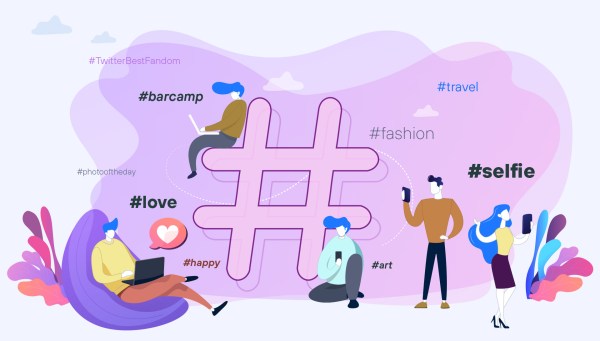It is known as the most educated, the most aware, the most empathetic and diverse generation, but is it also the weakest? Is it really that different from previous generations? What makes them unique and why should companies consider the values that drive them as employees and consumers? What new opportunities are emerging to respond to their needs?
According to the Pew Research Center, which defines the most widely adopted generational classification worldwide, Generation Z is made up of those born between 1996 and 2012. As with all generations, the characteristics and values of Generation Z encompass traits specific to the historical period in which they live, those specific to their life stage (young people between the ages of 12 and 28) and, finally, the characteristics of their cohort as such.
They are the first truly digital native generation, children who have seen their parents and older siblings lose their jobs in the Great Recession of 2008, teenagers who lived months locked indoors because of a global pandemic and those young adults who have entered the workforce in hybrid or remote work scenarios and prioritizing above all else their well-being and free time.
Generation Z has many similarities to the previous generation, the Millennials, born between 1980 and 1995, in how they view work (with flexibility, fluidity and clear goals), in their shopping behaviors (they are frugal, looking for immediacy and impact), and in how they care for their well-being (talking about issues such as mental health with confidence and transparency). This is such, that at the intersection of the two generations we speak of the Zillennials, as the microgeneration that integrates the characteristics of Millennials and Generation Z.
Focusing on Generation Z is crucial because it has just become the largest generation on the planet, with a purchasing power of 7 trillion dollars and because in 2030 they will account for 30% of employees globally.
Who they are
Generation Z stands out as a diverse, empathetic and non-conformist generation with a global perspective. They challenge the status quo, offering a shift in mindset that emphasizes greater flexibility, tolerance and diversity compared to their predecessors. Their worldview and behavior are inherently fluid, comfortable in gray areas and quite critical of inflexible attitudes or extreme stances.
True digital natives, born with a mobile device in hand, hyper-connected, they spontaneously reflect their identity in their online life, predominantly on social networks. They clearly distinguish public and private platforms and channels, maintaining a closer and more direct connection with their friends on authentic networks and channels (such as BeReal or close friends on Instagram).
The high cost of living is their main concern
Generation Z has seen the ravages of the Great Recession on family and acquaintances and, as a result, are reluctant to take on debt. So much so that they have revived the trend of saving to be able to buy, in contrast to the “buy now and pay later” that is so successful with previous generations.
Frugality and prudence move them to adopt savings and sustainability behaviors such as the circular economy, to invest at younger ages than other generations and to become multi-income earners, diversifying their sources of income, both to have more income and not to depend on a single job.
To contribute to the financial well-being of Generation Z, startups such as Payflow a Spanish startup invested by Wayra, are emerging, providing employees with instant access to their earned salary, so they can meet expenses at any time of the month. Or Bcas, also Spanish and invested by Wayra, which facilitates equitable, sustainable and quality access to higher education, financing the studies and recovering the loan based on the student’s ability to repay the money borrowed when the student starts working.
You only live once, but in a more conscious way
Thinking that you only live once (YOLO) and that we are not here forever is something that previous generations had already adopted as a mantra when making decisions. For Millennials, You Only Live Once implied a carefree, consequence-free life course. In contrast, the more reflective Generation Z is aware that this reality means making the most of time, prioritizing work-life balance, experiences over possessions, and being flexible in making connections, with informal relationships predominating.
Thus, a new possibility arises for this generation, which seeks to work in a more flexible and fluid way, which is the figure of the freelancer, who through companies like Shakers, a Wayra startup that can identify specific projects in which to work for a time and with certain conditions.
Life happens on cell phones and networks. Everything is social
Social networks have become the gateway to all areas of life for this generation. Through them they make purchases and communicate with brands, they learn and are informed about what is happening in the world. They also rely on social networks and content creators to learn how to manage their finances, communicate with their communities and feel comfortable sharing tips and experiences.
1.5x WhatsApp audios
The immediacy enabled by new technologies and high-speed internet has led Generation Z to internalize and assume that everything is instantaneous. This generation is characterized by its impatience and flight from boredom and waiting. Apps, conversations or media that are slow, do not work for Generation Z.
This reality is seen especially in the need to consume content faster, such as TikTok videos, WhatsApp audios and podcasts in x1.5 or x2 speed and even watching series at higher speeds.
Instantaneity and fast consumption is also reflected in the workplace, implying higher turnover among younger workers, who perceive a benefit in switching jobs or companies.
Purchasing behaviors are also affected by this idea of immediacy, with the #TikTokMadeMeBuyIt trend standing out. What is seen on social networks generates a need for immediate possession and triggers product comparison processes, searching for the lowest price or buying and selling on second-hand platforms.
The ‘spoiled’ generation is the ‘meaningful’ generation
Neither as crystal as it is said, nor that fragile snowflake alluded to (constant criticism of previous generations to their successors), but rather a non-conformist generation, with a global vision of their actions and questioning the status quo, which makes its decisions with sense and coherence. Generation Z seeks to work for companies that share their values, consume sustainable brands and flee from the culture of excess and waste of previous generations.
However, we must not forget that all the social, environmental and cultural commitments of these young people often clash with the economic reality of the vital moment in which they find themselves. This is how they find in companies like Aworld the solution to contribute to the environment in their daily lives. This startup invested by Wayra is an app that impacts the behavior of citizens, helping them to develop sustainable habits and measure their CO2 footprint while they learn and entertain themselves.
The generation that prioritizes itself
Generation Z stands out for prioritizing their well-being in all its facets, making it a maxim of their lifestyle. For them, self-care is not just an occasional practice, but a fundamental pillar in their worldview. This approach transcends various aspects of their lives, from work management to work-life balance, the latter being a concept that deserves special attention. For Generation Z, finding the right balance between their work responsibilities and their time off is essential.
In the area of mental health, they actively seek support and assistance, recognizing the importance of taking care of their psychological well-being. Behavidence is the example of a company invested by Wayra that accompanies users on their way to better mental health, this company is able to understand the emotional state of the user according to the use made by this of their mobile device, making a weekly report of stress levels, anxiety or depression.
Moreover, in the social sphere, it is notable for its preference to distance itself from the illusions generated in social networks, opting for a more real and authentic connection. They value authenticity over appearances, seeking to build meaningful and genuine relationships in a world flooded with digital content.
So, welcome to technology that helps me live better.
Technology has become a natural extension of their existence. They are quick and fearless adopters of any technology that helps them do their jobs more efficiently. They also use self-care devices and apps to keep conscious control of their health. And yet, despite their taste for technology, they don’t always seek fully digital experiences, but pursue a balance between technological convenience and physical-world authenticity in their interactions.
In the financial sphere, they show a willingness to explore newer options, considering the possibility of investing in cryptocurrencies as a viable alternative, making use of apps such as Rand, which allows the management of personal finances, savings and investment in different crypto assets. For Generation Z, technology is not only a tool, but an intrinsic part of their identity and the way to improve their quality of life.
Conclusions
Their attitude towards technology, prioritization of well-being and their values and meaning define Generation Z as a unique generation. While sharing some similarities with Millennials, Generation Z stands out for its conscious and engaged approach to life, both personally and professionally.
This generation, the largest on the planet with an impressive purchasing power, is shaping the way companies must adapt to connect with them as consumers and employees. Their preference for authenticity, sustainability and immediacy is transforming market dynamics and demands an agile and adaptive response from companies.
To meet the needs of Generation Z, it is essential to understand their mindset, from their focus on mental health to their relationship with technology. The rapid adoption of new technologies and willingness to explore advanced financial options, such as cryptocurrencies, suggest significant opportunities for innovative companies.
Generation Z presents itself as a driving force that challenges established conventions, redefines standards and seeks purpose in all its actions. Embracing and adapting to this unique mindset is not only essential for business success, but also for the continued evolution of our society in the digital and globalized era in which we find ourselves.









